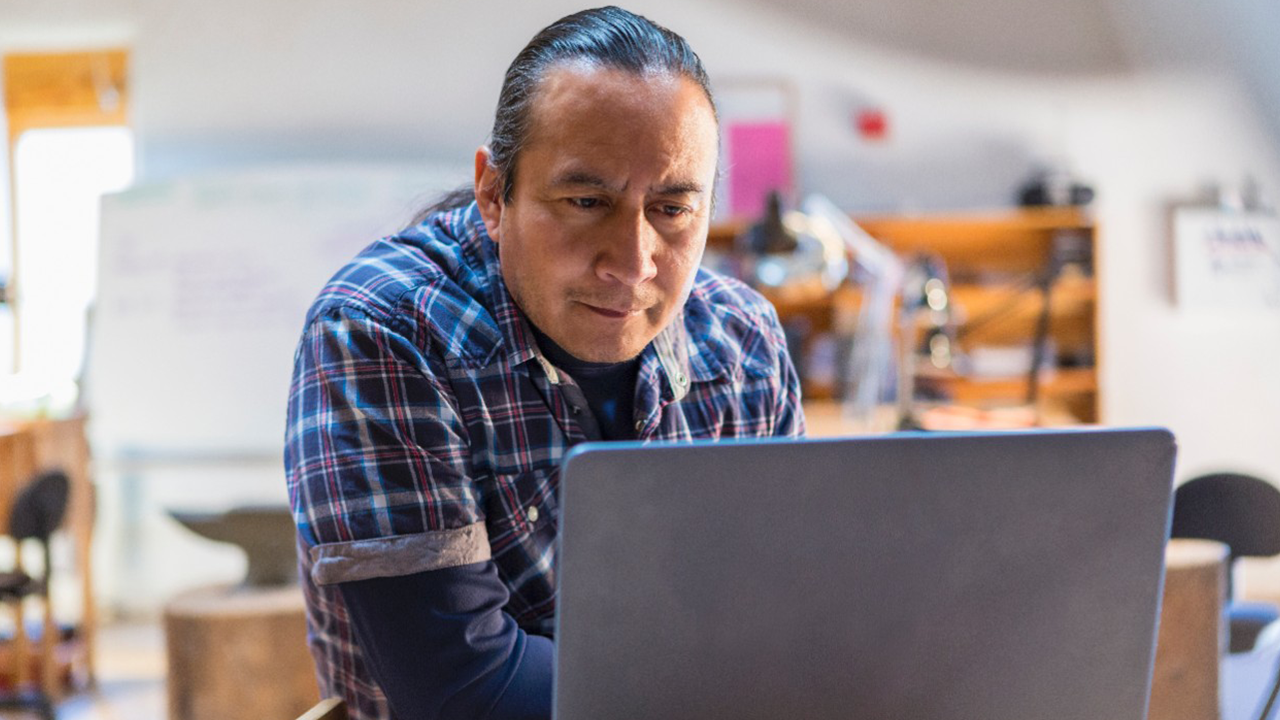A research partnership between Common Cents Lab and the Mastercard Center for Inclusive Growth highlights how digital platforms can use behavioral science to enhance financial resilience.
Digital platforms are poised to transform regional economies, potentially creating more equitable growth opportunities.
In Latin America, e-commerce platforms, such as Mercado Libre, enable small sellers to expand their reach and potentially boost their profits. Similarly, ride-sharing and food delivery services provide independent earners with flexible job opportunities.
Fintech platforms, like Konfío, aim to support financial inclusivity by providing micro and small businesses with access to digital payments and lending services.
Read the Spanish version of this brief here.
Many independent workers and entrepreneurs struggle with financial security
The global pandemic exposed the financial insecurity of many households in Latin America, including a lack of emergency savings, insurance coverage and additional protected sources of income.


Earnings
![]()
Savings

Access to credit
![]()
Usage of insurance products
6 field studies launched
9 collaborations with platforms and financial services providers partners
180k users reached
12.1m users who could benefit from solutions if scaled
KEY FINDINGS
Product design can influence financial behavior
Behavioral science studies have shown that small but meaningful changes to the context where people make decisions, can influence their ability to navigate financial shocks.
We partnered with digital platforms to understand and redesign the environment in which digital platform workers and entrepreneurs make financial decisions, with the goal of increasing their financial resilience. Our experience shows that while communication-based interventions are a good starting point for testing ideas, making structural changes at the product design level can be more effective in influencing behavior.
Simple nudges can help sellers boost sales
When partnering with Mercado Libre’s logistics arm, Mercado Envíos, to create and test interventions, the team found that sellers were missing out on opportunities to sell due to inadequate stock, an issue that was especially pronounced during the holiday season.
Behaviorally-informed reminders were sent over email and phone, with the phone reminders resulting in 36% increase in stock shipments.
Reframing communications can help overcome credit barriers
Open banking, where businesses share financial data with third parties, could help small businesses access credit to grow their business.
Sharing additional financial information gives platforms like Mercado Libre the opportunity to rate newly joined sellers and extend them credit if needed, though many sellers seemed to not trust the process. However, with behaviorally-informed in-app messages framed account linking as “incomplete actions,” it increased the likelihood of sellers linking an account by 73%.
Flexible payments could help smooth volatility
Insights from Konfío, a credit fintech for Mexican SMEs, showed that while 15% of their users fail to make a credit payment on time, 80% of them pay within the following 10 days.
User surveys show that when given the chance, users would choose a different payment date than their current one and reported being more likely to make their payments on time.
Default settings can help boost savings
We collaborated with Gliber to introduce a savings pocket in their digital accounts, aimed at helping Chile’s gig workers save for general purposes and days off.
We tested this by assigning 755 users into groups over six weeks: a control group with opt-in condition and a group with default saving options. Results show that both default conditions doubled the percentage of users having a savings pocket active (from 14% to 28%).

